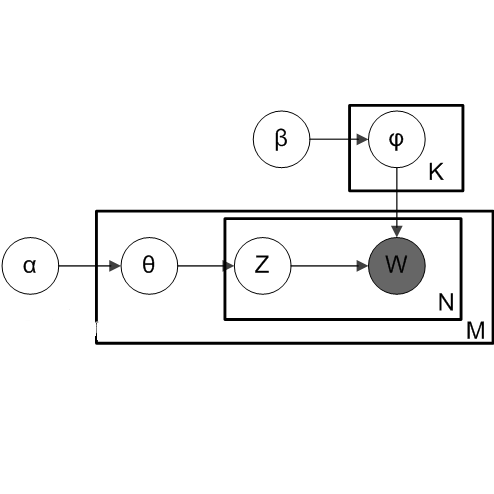Brain computer interface applications can be used to overcome learning problems, especially student anxiety, lack of focus, and lack of attention. This paper introduces a system based on brain computer interface (BCI) to be used in education to measure intended learning outcomes and measure the impact of noise on the degree of system accuracy. This system works online and is based on recorded brain signal dataset. The system can be considered as a special case of P300 speller accepting only letters from A to D. These are the possible answers to multiple-choice questions MCQ. The teacher makes exams, stores them in an exam database and delivers them to students. Students enroll into the system and record their brain signals. Brain signals go through preprocessing phase in which signals undergo low and high pass filter. Then the signals undergo a subsampling and segmentation. The features obtained are used as inputs to Linear Discriminant Analysis (LDA). Gained accuracy is 91%.
翻译:脑计算机界面应用可以用来克服学习问题,特别是学生焦虑、缺乏关注和注意力不足的问题。本文介绍一个基于脑计算机界面的系统,用于教育,以衡量预期学习结果和测量噪音对系统准确度的影响。该系统在线运作,以记录到的脑信号数据集为基础。该系统可被视为P300拼写器只接收A至D字母的特殊案例。这是多选题MCQ的可能答案。教师进行考试,将其储存在考试数据库中,并提供给学生。学生进入系统并记录他们的脑信号。脑信号经过预处理阶段,其信号经过低高传分过滤。然后,信号经过子取样和分解。获得的特征被用作线性分辨分析(LDA)的输入。获得的准确度为91%。





